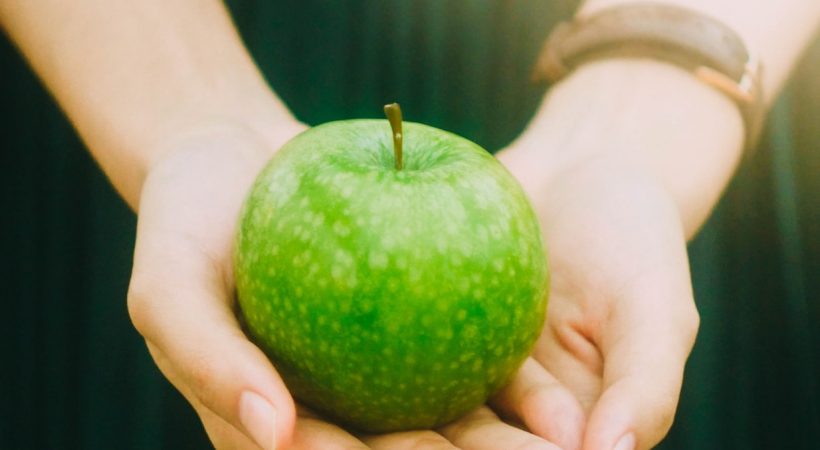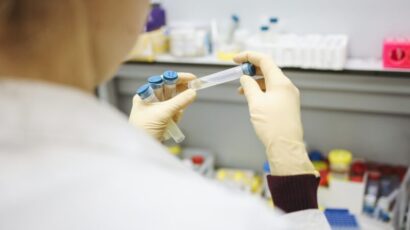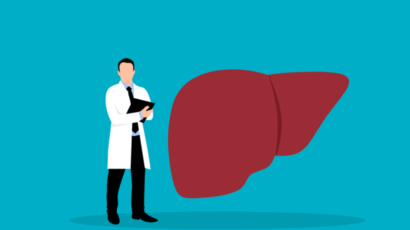Women: You need vitamins and minerals for good health

Each vitamin and mineral has specific benefits and is essential for keeping your body functioning well. Also, there are some vitamins and minerals that women need more of than men do
All vitamins and minerals are important for good health. Vitamins and minerals often work together in your body. It’s usually best to get your vitamins and minerals from many different types of food in all of the food groups. Fill your plate with fruits, vegetables, dairy, grains, and a variety of protein foods to build a healthy plate.
Vitamins and minerals for women
Folic acid/folate (Vitamin B9)
Folic acid/folate (Vitamin B9) helps your body make blood cells and the DNA for new cells.
It helps prevent certain birth defects called neural tube defects, which happen in the first three months of pregnancy.
It helps prevent premature births and low birth weight.
All women who might get pregnant or are pregnant need to get 400–800 mcg of folic acid each day from either dietary supplements (most prenatal vitamins have this amount) or fortified foods like many breakfast cereals. It’s important to make sure you are getting enough folic acid even if you’re not planning on getting pregnant right now.
Where to find it in food
Spinach and other dark green leafy vegetables, oranges and pure orange juice, nuts, beans, chicken, lean beef, whole grains, and cereals with added folic acid.
Vitamin B-12
Vitamin B-12 helps your body make red blood cells.
It helps your neurons (cells in your brain and nervous system) work correctly.
Who may need it
Some women may not get enough B-12. Talk to your doctor or nurse about taking a B-12 supplement if you are:
Pregnant. Vitamin B-12 is very important for your unborn baby’s development. Without it, your baby may have a low birth weight or other health problems.
Vegetarian. Because vitamin B-12 comes mostly from animal products, you may need to take a supplement to make sure you get enough. Also, talk to your doctor or nurse if you are feeding your baby breastmilk only, because your baby may need to take a supplement too.
Age 50 or older. As we age, our bodies cannot absorb vitamin B-12 as well, so you may need to get more vitamin B12 from supplements or fortified foods, because it is easier to absorb.
Where to find it in food
Low-fat or fat-free milk, eggs, liver, poultry, clams, sardines, flounder, herring, blue cheese, nutritional yeast, and foods with vitamin B-12 added, including some cereals, fortified soy beverages, and veggie burgers
Vitamin D
Vitamin D with calcium, helps build strong bones and prevent osteoporosis.
It helps reduce inflammation in your cells.
It helps your immune system fight off germs that can make you sick.
Who may need it
Women who do not get much sunlight .
Women who are postmenopausal,Obese.
Women who have inflammatory bowel disease or any other disease that makes it harder for the gut to absorb fat (vitamin D is a fat-soluble vitamin, meaning it has to be absorbed by the gut)
Women who have had gastric bypass surgery (weight loss surgery)
Where to find it in food
Fish like tuna and salmon, and fortified foods (low-fat or fat-free milk and some brands of orange juice, cereals, soy beverages, and yogurt).
Calcium
Calcium helps protect and build strong bones and reduce the risk of osteoporosis. Your body stores calcium in your bones, so if you don’t get enough calcium from food, your body will take calcium from your bones, making them weak and easily broken.
It helps messages go between your brain and muscles.
Who may need it
Girls ages 9 to 18 need 1,300 milligrams (mg) of calcium each day. During this time, bones absorb calcium and build strong bones for adulthood and older age.
Adult women need 1,000 mg of calcium each day.
After menopause, you need 1,200 mg of calcium each day to help slow the bone loss that comes with aging.
Where to find it in food
Low-fat or fat-free yogurt, cheese, and milk; foods with calcium added, such as some soy beverages, 100% orange juice, tofu, and cereals; canned salmon; and dark green leafy vegetables.
Iron
Iron builds healthy blood cells that carry oxygen in your body.
It helps make certain hormones and connective tissue in your body.
Who may need it
All women who have menstrual periods. Iron is lost during monthly periods..
Pregnant women. Women need more iron during pregnancy to supply enough blood for their growing babies.
Many women, especially pregnant women, do not get enough iron from food alone. This can put you at risk for iron-deficiency anemia. This condition causes your heart to work harder to pump blood so that more oxygen can reach all of your body. Anemia can make you feel tired, weak, and dizzy.
The amount of iron you need each day throughout your life is listed below:
Where to find it in food
Lean red meats and chicken, seafood, cereals/breads with iron added, oysters, beans, dark chocolate, liver, spinach, tofu, and canned tomatoes.
You should be able to get all the nutrients you need, including vitamins and minerals, by choosing healthy foods.
But there are three groups of women who might need a vitamin and mineral supplement:
Women who are pregnant or could become pregnant. A supplement ensures that you get the folic acid you need daily to lower the risk of certain birth defects, including spina bifida.
Postmenopausal women. After menopause women lose bone density faster than men because of hormonal changes. Many women do not get enough calcium and vitamin D from the foods they eat. Calcium and vitamin D, along with weight-bearing exercise, help prevent osteoporosis. You may also need to take supplements with vitamin B-12.
Vegetarians. You can get some vitamins from animal products more easily than from plant sources. For example, vitamin B-12 is found in many animal products, including eggs and dairy, but it is not found in plants. Also, vegans especially may not get enough of vitamins B-2 (riboflavin), B-12, and D from food alone.
Are dietary supplements safe?
Many dietary supplements are safe, especially those recommended by your doctor or nurse.
You should always talk to your doctor or nurse before taking a dietary supplement. Certain supplements can raise your risk for new health problems, especially if you are also taking other medicines. Some supplements can make prescription medicines not work. Information courtesy: Women’shealth.gov















